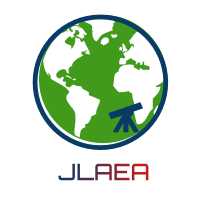Resource information
Gaining access to private lands in war-torn societies is a problem that confronts many governments, including Burundi when implementing public projects. Government officials hastily acquired private lands while implementing projects which are not always for public interests. Using the case study approach, the study explored what happened when land was acquired to erect a new Presidential Palace at Gasenyi area. Findings revealed that expropriation exercise produced serious tensions between the affected people and the government due to misunderstandings on the procedures used, expropriation speed, compensation rates used and the existence of substandard living conditions in the resettlement areas. The study requests governments in post-conflict situations to follow legal procedures, avoid hasty projects especially those involving private lands, sensitize and involve the affected people in the process, and invigorate the trust lost during the conflicts. APs ought to be properly educated, fairly treated and adequately informed on the aspects of the proposed land requiring projects. Where expropriation procedures are to be purposely hastened, these must have a legal backing and timely communicated. It is crucial to restore the lost trust resulting from the past abuses of power while limiting the possibility of igniting secondary conflicts through participatory measures in post war reconstruction process of which land expropriation is one of the critical components.


